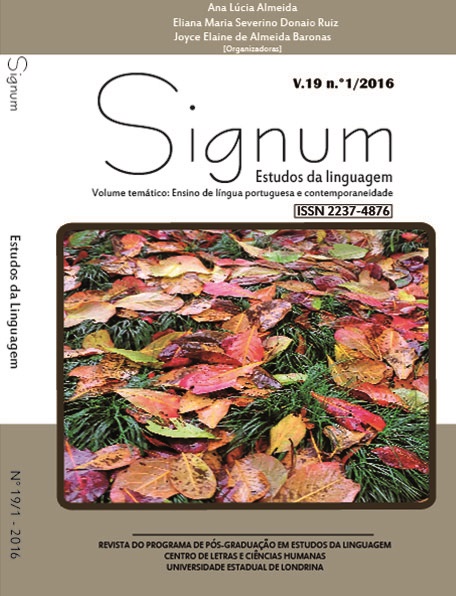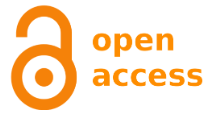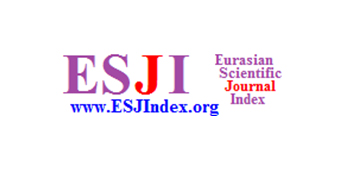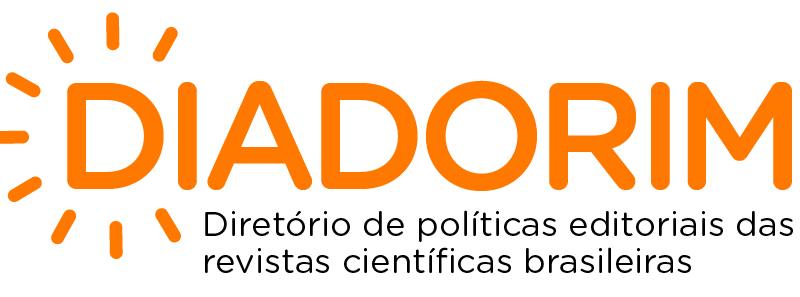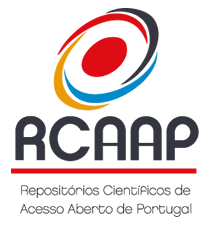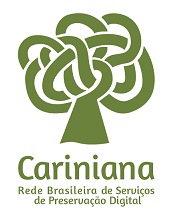A heuristic confrontation between literacy practices and the epistemologies of monologism and dialogism
DOI:
https://doi.org/10.5433/2237-4876.2016v19n1p11Keywords:
Literacy practice, Dialogism, Group Think-aloud.Abstract
Three decades ago, an epistemological break took place within reading and writing studies due to the emergence of literacy studies. However, certain concepts underwent a naturalization process, such as those of social practice and literacy practice, requiring greater attention from researchers to develop a more elaborated conceptualization of these concepts that could provide empirical investigations with an improved explanatory power. Thus, this article aims contributing to a more thorough discussion of literacy practice by focusing on two practices – the reading practice dominant within the school context and the Group Think-aloud practice – that are supported by the assumptions from two epistemologies – of monologism and dialogism. Our epistemological reflections led to the conclusion that both epistemologies not only explain the reading conceptions underlying these two practices, but they also constitute models of thinking, acting, and interacting, that can contribute to a more developed conceptualization of literacy practice concept.
